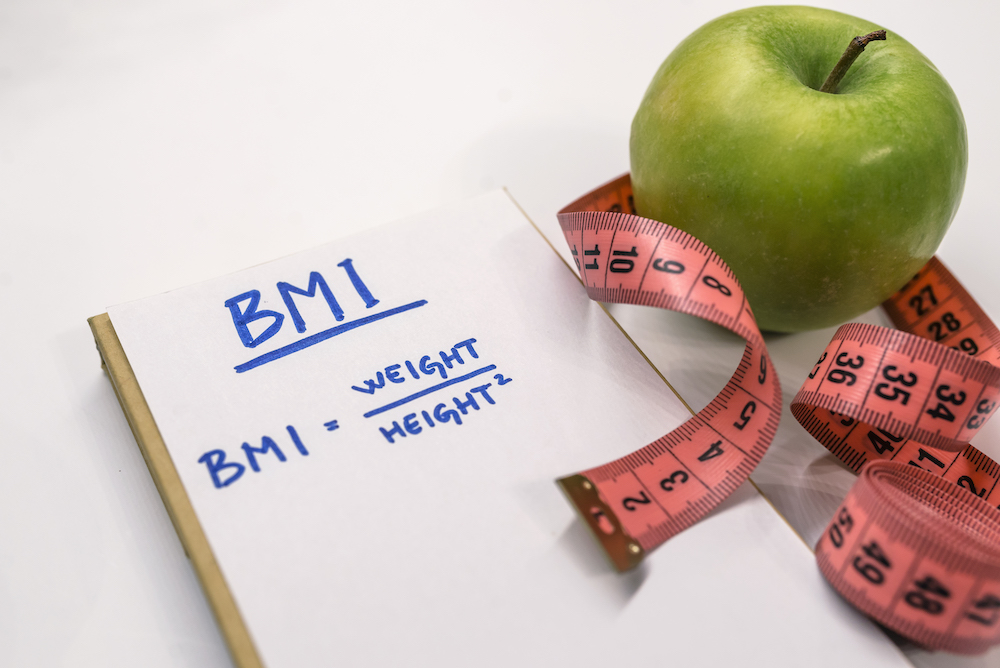Banishing the bloat: effective tips to reduce gas and farts

We’ve all experienced the discomfort and embarrassment of excess gas and frequent farting. While passing gas is a natural bodily function, excessive gas can cause bloating, discomfort, and social awkwardness. In this blog, we will explore effective tips and lifestyle changes that can help you reduce gas and alleviate the associated discomfort. By implementing these simple strategies, you can bid farewell to the bloat and regain control of your digestive health.
Identify trigger foods
Certain foods are notorious for causing gas and bloating in many individuals. Common culprits include beans, lentils, broccoli, cabbage, onions, carbonated drinks, and artificial sweeteners. Pay attention to your diet and identify which foods tend to trigger excessive gas. While it’s not necessary to eliminate them entirely, try reducing your intake or finding suitable alternatives.
Chew food thoroughly
Proper digestion begins in the mouth. When you eat quickly and don’t chew your food thoroughly, you introduce more air into your digestive system, leading to increased gas production. Slow down, take smaller bites, and chew your food thoroughly before swallowing. This simple step can significantly reduce gas formation.
Mindful eating
Eating mindfully not only helps you enjoy your meals but also aids in digestion. Avoid multitasking or eating on the go, as it can cause you to swallow more air and disrupt the digestive process. Sit down, savour your food, and pay attention to your body’s cues of satiety. By being present while eating, you can reduce the likelihood of excessive gas.
Portion control
Overeating can overwhelm your digestive system, leading to gas and bloating. Instead of consuming large meals, opt for smaller, more frequent meals throughout the day. This approach allows your body to digest food more efficiently and prevents excessive gas buildup. Additionally, avoid eating large meals close to bedtime, as lying down can worsen gas symptoms.
Stay hydrated
Proper hydration is crucial for optimal digestion. Drinking an adequate amount of water helps move food through your digestive tract, preventing constipation and reducing gas. Aim to drink at least eight glasses of water per day and limit your intake of carbonated beverages, which can exacerbate gas-related discomfort.
Regular physical activity
Engaging in regular physical activity not only benefits overall health but also aids in digestion. Exercise helps stimulate bowel movements, preventing constipation and reducing gas buildup. Incorporate activities like walking, jogging, or yoga into your routine to promote healthy digestion and alleviate gas-related discomfort.
Probiotics and digestive enzymes
Probiotics are beneficial bacteria that promote a healthy gut environment, aiding in digestion and reducing gas. Consider incorporating probiotic-rich foods such as yogurt, kefir, sauerkraut, and kimchi into your diet. Additionally, digestive enzyme supplements can help break down food more efficiently, reducing the likelihood of gas formation.
Manage stress
Stress and anxiety can wreak havoc on your digestive system, leading to gas and bloating. Practice stress management techniques like deep breathing, meditation, or engaging in hobbies that help you relax. By reducing stress levels, you can enhance digestion and minimize gas-related discomfort.
Avoid smoking and chewing gum
Smoking and chewing gum can cause you to swallow excess air, leading to increased gas production. Quitting smoking not only improves your overall health but also helps reduce gas and bloating. Similarly, limit your gum-chewing habit, especially if you tend to swallow air while doing so.
Seek medical advice
If you’ve tried the above tips and continue to experience excessive gas, it’s advisable to consult a healthcare professional. They can assess your symptoms, diagnose any underlying conditions, and provide personalized recommendations to alleviate your discomfort.
Excessive gas and frequent farting can be uncomfortable and embarrassing, but with a few simple lifestyle changes, you can minimize their occurrence and regain control of your digestive health. By identifying trigger foods, practicing mindful eating, staying hydrated, engaging in regular physical activity, and managing stress, you can significantly reduce gas and bloating. Additionally, incorporating probiotics, digestive enzymes, and seeking medical advice when needed can further support your digestive health journey. Remember, a healthy gut leads to a happier, more comfortable you.


